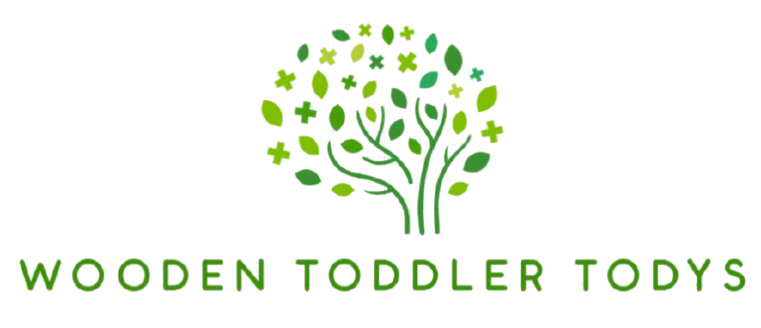
Recovering from an addiction can require you to cope up with tremendous difficulties. It unquestioningly is the biggest challenge that you will ever come across in your life.
The thing that is most important after the recovery is learning how to cope with the stressors and triggers present in your environmental setting that can cause you to fall back into the addictive practice.
Drug addiction is a relapsing disease that may affect the person’s brain in terms of self-control and resisting abilities. The fundamental part of the recovery process is drug relapse prevention. You can design your own relapse prevention plan by including elements that can help you best in resisting the craving for the drug and maintain the sobriety status.
Relapse prevention plan is important in ensuring long-term recovery and getting a heads up pertaining to relapse so that effective and timely measures can be taken for prevention. Here are a few tips that can help you construct an effective relapse prevention plan.

1. Identify the Warning Signs
Relapse is not an immediate occurrence. It takes some time to take place while surfacing a number of warning signs that can alert you about the potential risk of falling back into the addictive practice. Learning about these warning signs can help you incorporate them in your prevention plan and on their identification; you can consult your rehab program to gain their help about how to work in controlling the drug temptation and staying sober.
2. Personal Triggers
It is essential that you recognise your personal triggers or instigators pertaining to drug use and addictive behaviours. It is imperative that you work on these triggers that can stimulate relapse and make you fall back into the drug addiction.
The most common trigger can be high-risk situations like hunger, anger, loneliness, and exhaustion. To ensure your sobriety, it is important that you control these situations and take best measures to avoid their eruption. Planning your meals, having good sleep pattern, and getting into constant group counselling can be effective techniques of controlling personal triggers.
3. Indulge in Healthy Activities
After recovery, after controlling personal triggers, the most important thing is to know how to manage your sober time. Sitting idle is one step closer to relapse. What you can do is to indulge in activities that are safe and healthy.
Yoga, swimming, running, working out, and biking among other activities are good sports to engage in. They will not only maintain your healthy self but will also help you cope with the temptations that entice you towards relapse. You can also indulge in activities that you feel passionate about. Painting, writing, social working – whatever it may be. You can always pick one up and keep yourself occupied.
4. Therapeutic Approach
Post addiction recovery, it is important for you to take care of yourself physically as well as mentally. Indulging in physical therapies strengthens you internally and externally. Recovering from addiction can be tiring and weakening. It can leave you weary and can lead towards various diseases.
Physical therapy in such case can be really helpful. Utilising behavioural therapy with detoxification practice, you can prevent the drug addiction relapse effectively.





